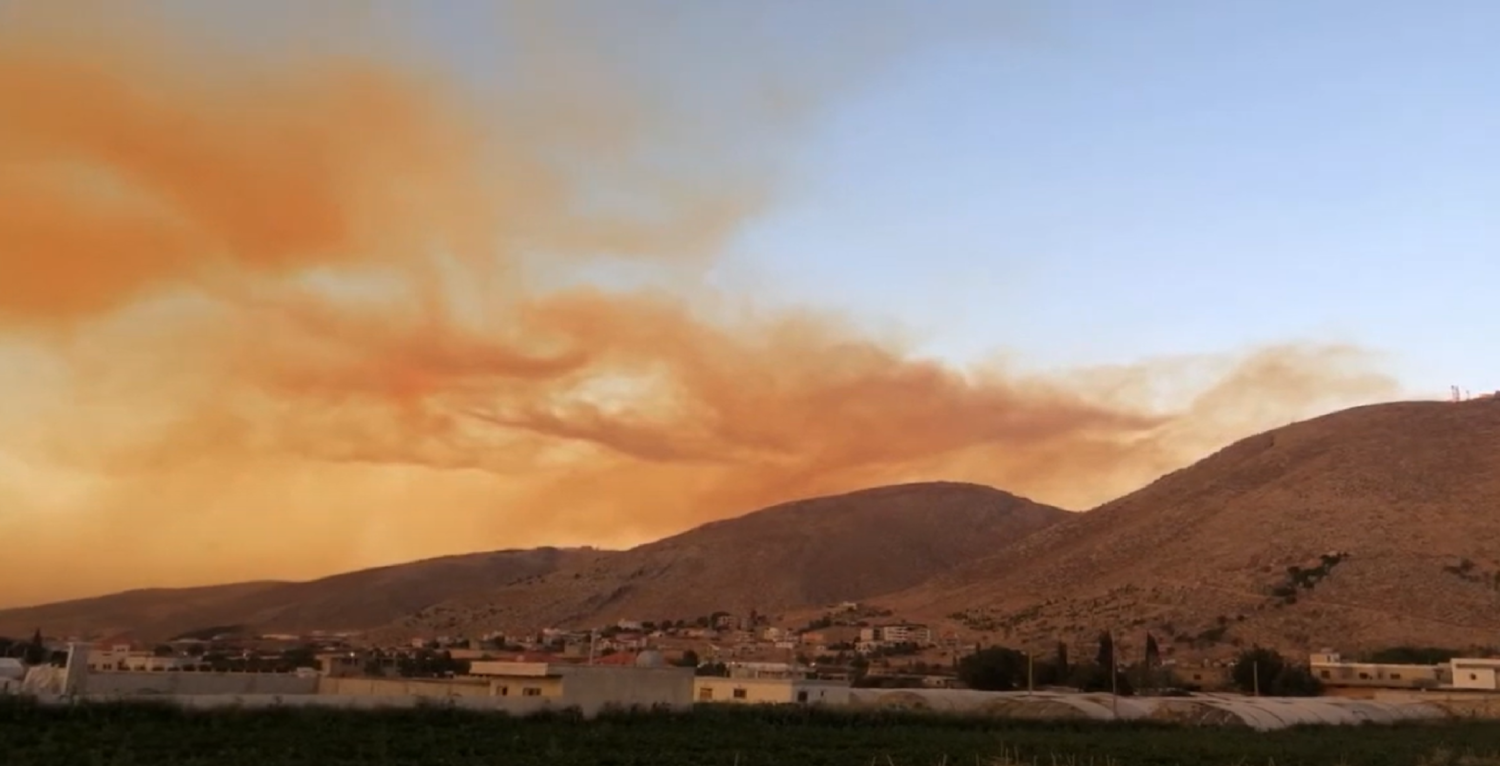Dereliction of duty
We need an internationally led investigation into the Beirut explosion, argues Alexander Hogg.
The explosion in Beirut earlier this month showcased to the world what the Lebanese have known for a long time: that the corruption, negligence and mismanagement of their government officials can have catastrophic and fatal consequences. It is precisely for these reasons that the world must now lead the investigation into the explosion. To this end, the Labour party must clearly state its support for an international investigation and should pressure the UK government to use its influence through the International Support Group for Lebanon to achieve one.
The blast on 4 August ripped through vast swathes of Beirut, causing immense damage to the usually bustling areas of Gemmayze and Mar Mikhaël, making more than 300,000 people homeless. At the time of writing the number of deaths stands at 220 with more than 7,000 injured or missing.
Long term, the explosion has destroyed Lebanon’s largest port which is responsible for handling more than 80 per cent of its imports, from fuel to grain. It is unclear how a country already experiencing a severe economic depression, with GDP expected to shrink by more than 11 per cent this year, can manage the loss of such an integral piece of national infrastructure. According to a recent report before the explosion, the country was already facing an “unacceptable lack of food security”. The loss of the port will have deadly consequences across Lebanon.
In this calamitous context, attention has already turned to the investigation into the cause of the explosion, and in particular who should carry it out? The answer to this question and outcome of the investigation will have a profound impact on Lebanon’s short and long-term political stability.
So far, the signs are worrying. The government has entrusted responsibility for the investigation to the Lebanese judiciary with minimal participation from international experts. If Lebanon is to ensure those responsible for this disaster are held to account and citizens have confidence in the outcome of the investigation, international experts must take the lead or, at a minimum, have full participation in every aspect of the investigation.
The known cause of the explosion was 2,750 tonnes of ammonium nitrate that was at best, negligently and at worst criminally stored in Hangar 12 at the port. Between 2014 and 2020 there were multiple warnings from military officials, lawyers, scientists, customs officials and civil servants about the dangers of storing ammonium nitrate. According to Badri Daher, the director of Lebanese customs, officials sent more than five letters from 5 December 2014 to 27 October 2017 asking judges for directions on storing the ammonium nitrate. In the final letter in October 2017, Daher warned the judge of “the danger … of leaving these goods in the place they are, and to those working there”. Despite not receiving any reply from the judges, Nizar Saghieh, a leading lawyer and founder of NGO Legal Agenda, says that it was not the responsibility of judges to organise the storage of the ammonium nitrate. This was the duty of port and other officials. An internationally led investigation must look into why Lebanese officials allowed such dangerous material to be stored close to the centre of Beirut for almost six years.
As recently as July 2020, leading officials were warned about the danger posed by storing ammonium nitrate in Hangar 12. Prosecutor general Ghassan Oweidat prepared a report on the hazardous material and senior state security officials sent summarising letters of the report to the president and prime minister on 20 July, just weeks before the explosion. Yet again, there was no swift action to remove the explosive chemicals. Tellingly, since the explosion president Aoun has denied authority over the port, while also quickly ruling out an internationally led investigation.
These overlooked warnings are a clear enough sign of a dysfunctional and grossly negligent Lebanese state, and entrusting the investigation of the blast to the very same officials responsible for failing to remove the dangerous material would be a dreadful error. To be clear, any international investigation must avoid the pitfalls of the 2009 special tribunal for Lebanon which ended up costing almost $1bn and taking more than 10 years to reach a verdit. It would be better if an independent investigation took place with international experts invited by the Lebanese government. One expert well placed to take charge of the enquiry, according to Human Rights Watch, could be the UN special rapporteur on the implications for human rights of the environmentally sound management and disposal of hazardous substances.
This internationally led investigation should at all times be guided by the principles of transparency, accountability, and impartiality. In a country where conspiracy theories are rampant, an effective international investigation has the potential to act as a catalyst for longer term political change and stability.
Here, the international community has a responsibility to not only ensure adequate funds are made available for international experts to expeditiously and efficiently conduct their investigation but also to pressure the Lebanese government by conditioning further aid on such an independent investigation.
Following ex-prime minister Rafik Hariri’s assassination in 2005, a UN fact finding mission to Lebanon concluded that it “has become clear to the mission that the Lebanese investigation process suffers from serious flaws and has neither the capacity nor the commitment to reach a satisfactory and credible conclusion”. Almost 15 years on, the same conclusion applies to the proposed government led investigation into the causes of the explosion. For the sake of accountability, justice, and Lebanon’s future and for the victims and survivors of the blast an independent, internationally led investigation must take place.
Image credit: Wikimedia/Hussein saifi Tv

